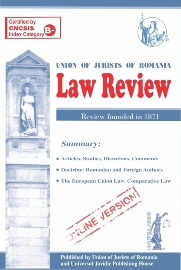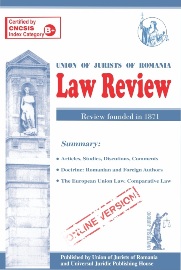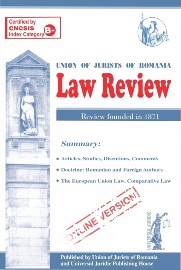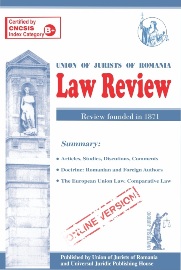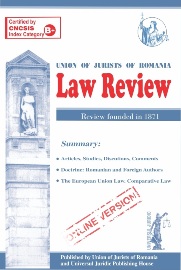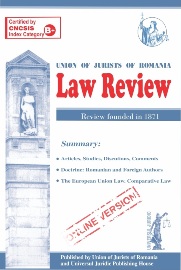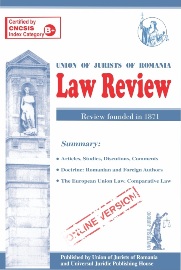
REPORT ON TEACHING AND RESEARCH ACTIVITY OF THE INSTITUTE FOR AUSTRIAN AND INTERNATIONAL TAX LAW OF VIENNA UNIVERSITY OF ECONOMICS NOVEMBER 2013 - JANUARY 2014
The Institute for Austrian and International Tax Law within Vienna University of Economics, managed by the famous professor PhD., h.c. Michael Lang, is among the largest research institutions in the world in the matter of tax law. The teaching and research activities of the institute focus on topics related to the field of study of international, European and Austrian taxation. The institute history dates back to 1968, which was founded by the former tax inspector Anton Lager, the first professor of financial law at Vienna University of Economics. The reputation of the institute has strengthened over time, it is now member of the EUCOTAX organization - European Universities Cooperating on Taxes, along with 12 other universities in Europe and the United States of America. The institute provides the appropriate framework for conducting a variety of educational activities, organizing various courses for students, workshops with international participation, moot competitions, various seminars, a master's program on international tax law, and various doctoral study programs. The interested students and the researchers are also interested in the opportunity to apply for one of the international mobility programs and research fellowships funded by the European Commission and famous renowned transnational and Austrian companies such as Siemens, OMV, Raiffeisen, TPA Horvath, etc.
More...
